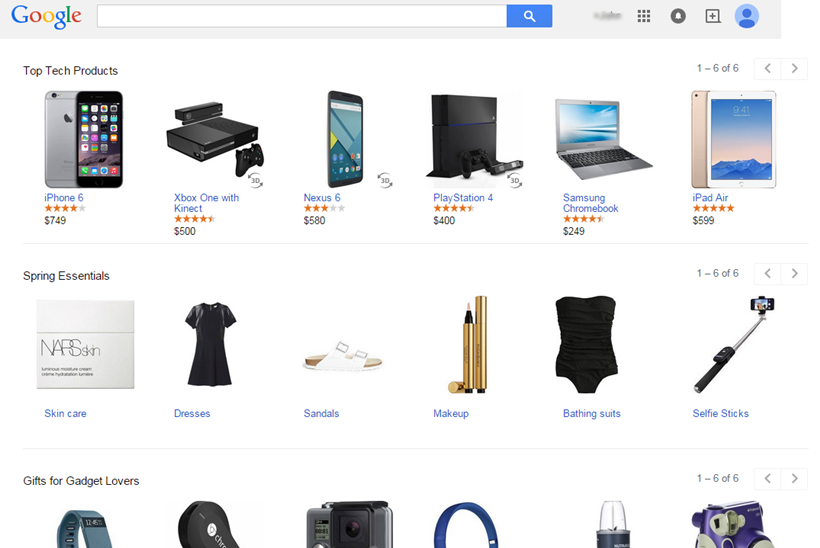The European Union (EU) has made a number of judgments this week that indicates it has
Google in its crosshairs. The corporation, which has headquarters in Mountain View, California, USA, was yesterday (Wednesday 17 April 2015) accused by the EU of manipulating its search results to benefit its own shopping services. Specifically this relates to Google's hotel and flight booking services, but includes other Google services as well.
The EU's accusation came at the end of a five-year investigation that has concluded that Google is not treating competitors fairly and is ultimately harming consumers. During this time the EU apparently suggested a number of compromises which Google failed to adopt. The EU has sent Google a "Statement of Objections" which highlights areas where it accuses the search giant of unfair practice. The corporation has 10 weeks to reply to these objections.
The European Commission, the body pursuing Google, applies EU antitrust rules that ensure companies operating in Europe do not "artificially deny European consumers as wide a choice as possible or stifle innovation," explained Margrethe Vestager, EU Commissioner in charge of competition policy, on the European Commission Press Release site.
"In the case of Google I am concerned that the company has given an unfair advantage to its own comparison shopping service, in breach of EU antitrust rules. Google now has the opportunity to convince the Commission to the contrary," she added. "However, if the investigation confirmed our concerns, Google would have to face the legal consequences and change the way it does business in Europe."
The EU's charges are specifically directed towards Google's comparison shopping products that enable users to look for products and services on a number of shopping websites and compare prices from each. The EU's investigation suggests Google gives "systematic favorable treatment to its comparison shopping product (currently called 'Google Shopping') in its general search results pages". According to the EU, it does this by "more prominently" showing Google Shopping results which might "artificially divert traffic from rival comparison shopping services and hinder their ability to compete on the market". The fact that the most relevant results are not drawn from Google searches "stifles innovation", it claims. It also suggests Google should "treat its own comparison shopping service and those of rivals in the same way".
The European Commission is able to fine companies up to 10% their annual incomes if found guilty of wrong doing. In Google's case this would be 6.2 billion euros ($6.65 billion). The body has also begun an investigation into Google's Android mobile operating system which Google is leveraging to generate revenue as people transition from PC-based activity to accessing the Internet on mobile devices.
What is your point of view? Is Google being unfairly targeted? Let us know your thoughts. Add your comments below.
